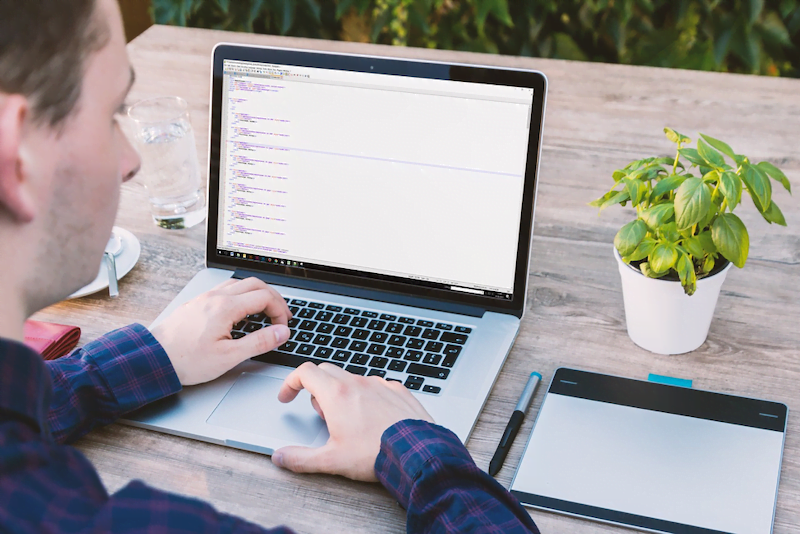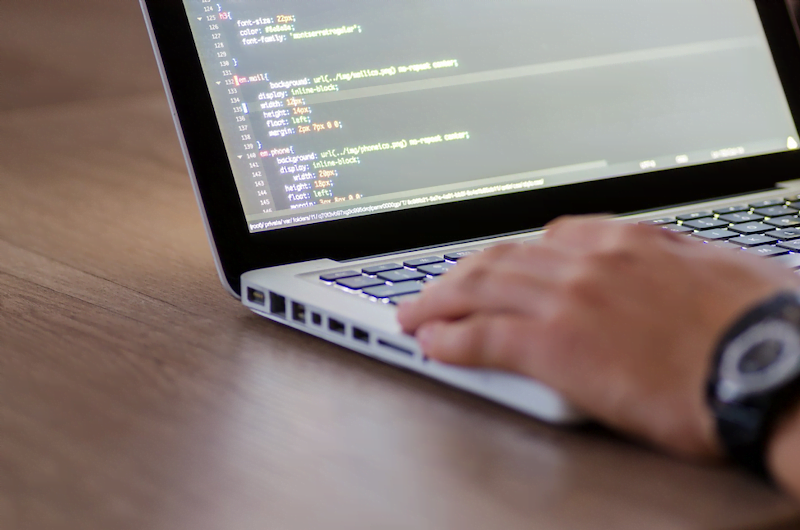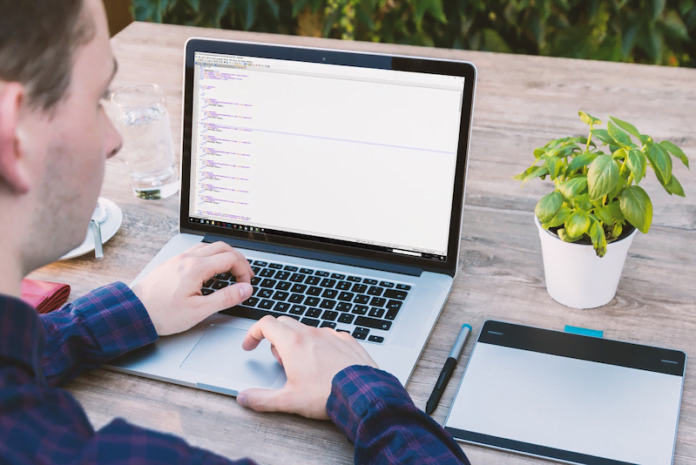
Learning programming can be a challenging but rewarding process. Whether you are a computer science student or an aspiring self-taught coder, the speed at which you can master programming will determine how soon you can secure employment or start to earn an income from your newly acquired skill. The following seven tips can help you acquire practical coding skills quickly.
Table of Contents
How to Learn Programming Faster?
Below are the strategies you can use to learn to program faster. By following them, you can accelerate your learning and become proficient in programming more quickly.
1. Learn by Experimenting
We usually think of learning as something that’s best done in a formal environment with a guide dispensing knowledge to their listening students. While this is certainly one way to learn, programming concepts are more likely to stick when you learn them through your own experimentation.
Actually, this isn’t different from any technical vocation. You can’t become an expert plumber from reading books on plumbing—rather, it’s by going out there and working on different types of pipe installations.
2. Master the Basics
Whether you are building a complex application for a global corporation or are developing a simple system that does elementary mathematics, there are certain basic precepts of programming that will apply to all coding projects. For instance, it’s standard practice to ensure an application generates a log of system and user activity.
The basics may seem unimportant at the beginning but over time, you’ll realize that the more you master them, the more effective you’ll be at quickly building software that works.
Budding developers who rush through the basic concepts phase are more prone to getting stuck at the more advanced programming learning phases they’ll encounter later on.
3. Code by Hand
With computer monitors increasingly touch-enabled, hard drive capacity increasing exponentially and coding languages becoming ever more powerful, it feels that technology is rapidly evolving to make the life of programmers easier. Still, the best way to learn programming is by writing the code on a notebook or whiteboard.
Coding by hand inculcates precision, caution and intent in a way that is hard to achieve with the cozy environment of a computer screen. Unlike a computer, you cannot do copy-paste or run the code through a compiler when you need to confirm it’s working. It’s also much messier to correct coding by hand so you will want to keep mistakes at a minimum.
4. Seek Help
It’s easy to romanticize the stories of tech entrepreneurs who shunned the classroom and ended up building multi-billion dollar corporations by first working from their bedroom or garage. In reality though, the overwhelming majority of coders who shut themselves from the world, shun mentorship and disregard peer feedback are doomed to failure.
What might feel like an abstract principle that’s impossible to learn could be quickly mastered with the help of someone who’s an expert on the subject. Whether it’s in-person or online, ask for help. Remember, every developer who’s a guru today was once in your shoes.
5. Harness the Power of Search Engines
The world wide web comprises hundreds of millions of websites and trillions of web pages. Yet, many of us don’t readily realize that the Internet is such a vast inexhaustible reservoir of knowledge.
If you run into a coding topic that is hard to make sense of, search the subject using Google or Bing to see if there’s someone out there who explains it in a way that is easier for you to understand. You don’t have to limit yourself to just text content—you could watch instructional videos on sites like YouTube, Vimeo and DailyMotion.

6. Play with Sample Code
Reading sample code can only go so far in helping you understand the principles of programming. To actually grasp the example, you must run the sample code as well as play around with it to truly master how it works. Since most sample code is accompanied by instructions and comments, it’s easy for the reader to digest.
7. Take Regular Breaks When Debugging Code
When debugging, you can get sucked into your own world and sit for hours on end trying to figure out why the code isn’t working as you expect it to. The human mind can only effectively concentrate continuously on an activity for a finite period.
To get a fresh perspective, regularly step away from debugging for a couple of hours. It may feel like you are wasting precious time that you’d have used to eventually identify the problem. However, a refreshed mind will find the solution much quicker.
Conclusion:
In conclusion, learning programming can be a challenging but rewarding process. By setting specific goals, practicing regularly, using online resources, working on projects, seeking help, staying up-to-date, and finding a mentor, you can learn programming faster and become a more proficient coder. With these tips in mind, you can acquire the skills and knowledge you need to succeed in the world of programming and achieve your career goals. Remember to be patient and consistent with your learning, and don’t be afraid to ask for help when you need it. With dedication and hard work, you can master programming and unlock new opportunities for growth and success.

